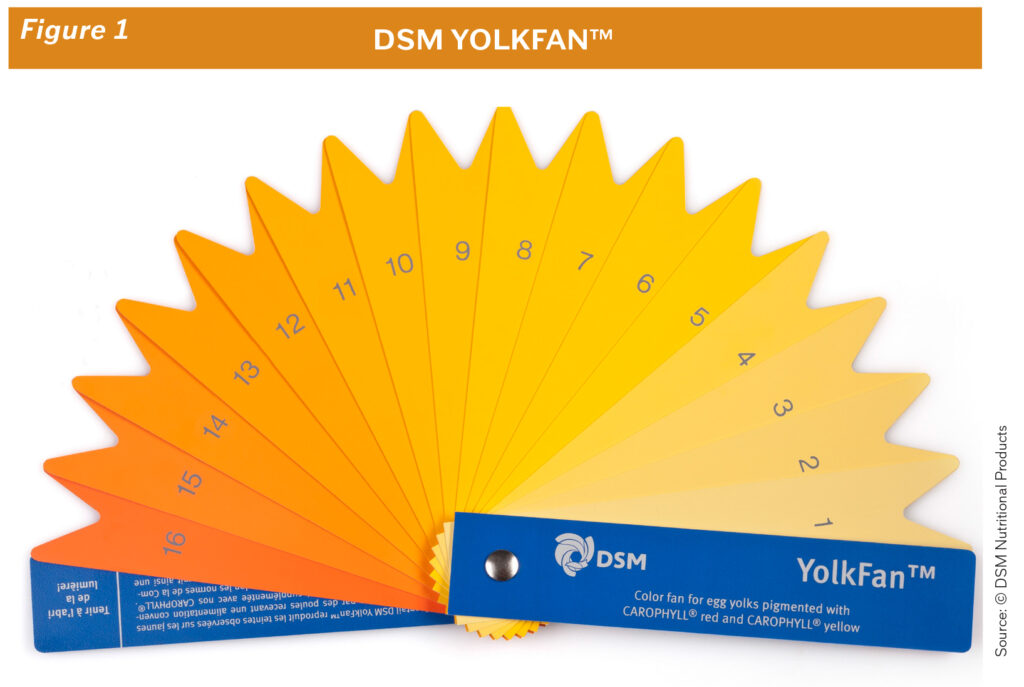
Yolk Color & Nutrition Insight
What Your Egg Yolk Reveals About Health
Egg yolks come in many shades — pale yellow, golden, deep orange — but have you ever wondered what that color really means?
At DesiEgg.pk, we’ve spent years observing how yolk color is directly affected by the hen’s diet, living conditions, and overall farming style. Whether you’re curious about egg yolk nutrition, why some yolks are darker than others, or how to spot a healthy yolk, this guide will help you make smarter food choices — naturally.
Why Does Yolk Color Matter?
The color of an egg yolk isn’t just visual — it reflects the hen’s diet and farming method:

Pale Yellow to Orange Yolk
What Makes Desi Egg Yolks So Special?
Desi hens raised in natural, open environments produce eggs with:
More carotenoids (like beta-carotene → orange color)
Higher vitamin D (sunlight exposure)
Better omega-3 fatty acids (insect and green diets)
Stronger shells and better taste
These elements make pasture-raised desi yolks a powerful natural nutrient source.

Is a Darker Yolk Always Better?
Not always. While a deeper color often suggests more natural feed, some farms use artificial color enhancers in feed (like marigold petals or synthetic additives) to darken yolks artificially.
🟢 Tip: If you buy from local or known small farms (like DesiEgg.pk), you’re more likely getting real nutrition — not tricks.
🥚 Comparison Table: Egg Farming Styles in Pakistan
| Farming Style | Outdoor Access | Feed | Yolk Color | Nutrition Quality |
|---|---|---|---|---|
| 🟥 Cage | ❌ No outdoor access | Commercial feed | Pale yellow | ★☆☆☆☆ |
| 🟧 Barn-Laid (Cage-Free) | ❌ Indoor only | Commercial feed + grains | Light yellow | ★★☆☆☆ |
| 🟨 Free-Range | ✅ Limited outdoor | Grains + feed | Yellow to orange | ★★★★☆ |
| 🟩 Pure Desi / Pasture-Raised | ✅ Full outdoor access | Natural grains, greens, and insects | Deep yellow to orange | ★★★★★ |
If you’re ready to taste the superior quality of our eggs, place your order today!
Experience the Difference
Order Now - Support me!
FAQs – Yolk Color, Nutrition & More
Pale yolks come from hens fed commercial feed with low nutrient variety and no access to greens or bugs.
Generally yes — it indicates a more diverse, natural diet rich in carotenoids and omega-3s. But beware of artificial yolk enhancement in some farms.
Deep orange from naturally raised, pasture-fed hens — typically the most nutrient-dense.
No. Yolk color shows nutrition, not freshness. Use smell and shell integrity to test freshness.

